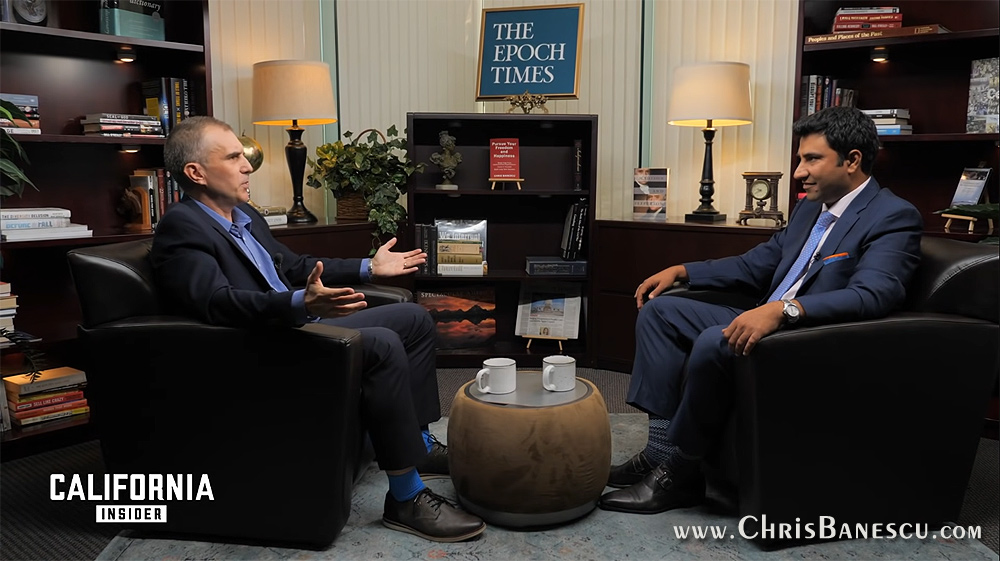
I was recently interviewed by Siyamak Khorrami, host of the California Insider show that’s broadcast on EpochTV. We discussed the outrageous manner in which executives abuse employees, disregard free-market capitalistic principles, destroy lives and economic value, and condition people to submit to tyranny.
The California Insider program showcases leaders and professionals across California with inside information about trending topics and critical issues. [Read more…]

 by Chris Banescu –
by Chris Banescu – by Chris Banescu –
by Chris Banescu –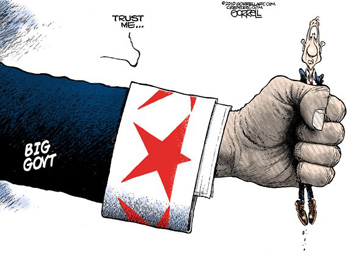 by John Stossel –
by John Stossel –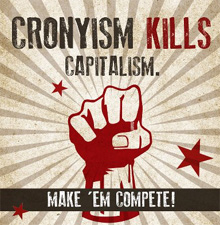 by Sam Patterson –
by Sam Patterson –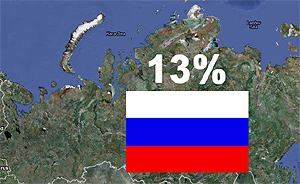 by Jeff Haden –
by Jeff Haden –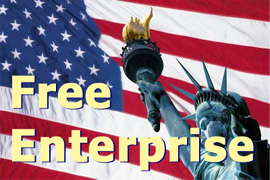 by Arthur Brooks –
by Arthur Brooks –